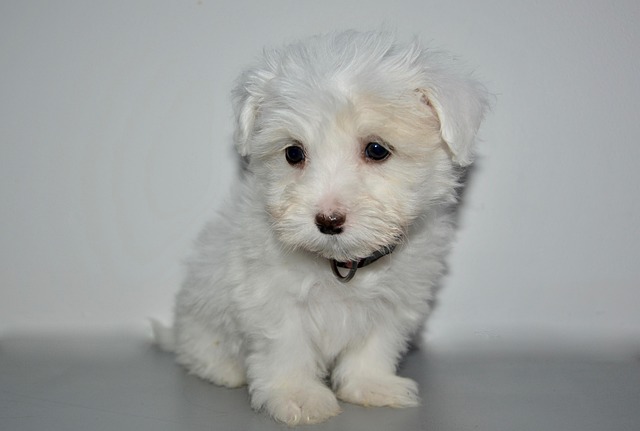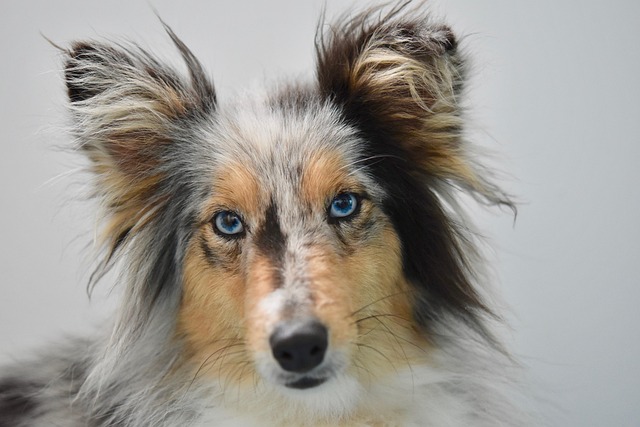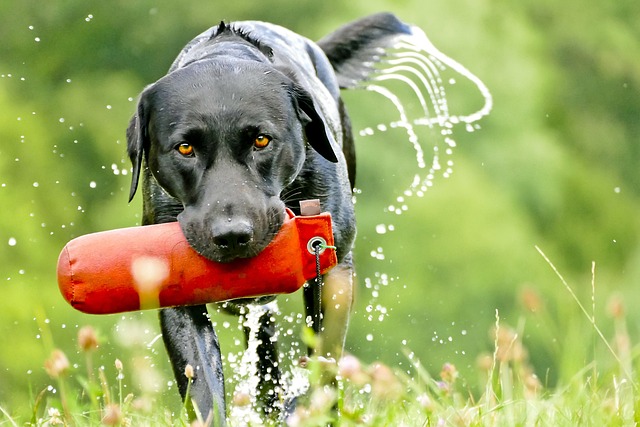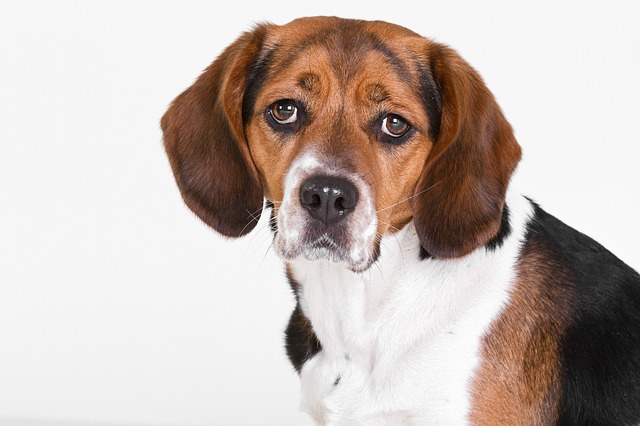Bringing home a new puppy is an exciting time, but many American dog owners find themselves torn between two crucial priorities: protecting their pup's health and ensuring proper socialization. The question of when puppies can safely go out to socialize sparks heated debates among pet parents, especially with conflicting advice about vaccination timelines. While the old-school rule was to keep puppies isolated until fully vaccinated, modern veterinary behaviorists emphasize that the developmental window for socialization closes much earlier than we realize.
Puppies typically receive their core vaccinations between 6 to 16 weeks, with the final round often completed around 16 weeks. Parvovirus and distemper are legitimate concerns, but complete isolation until then can lead to behavioral issues that last a lifetime. Studies from the American Veterinary Society of Animal Behavior (AVSAB) show that puppies deprived of early socialization are more likely to develop fear-based aggression, anxiety, and difficulty adapting to new environments. The key isn’t avoiding socialization—it’s managing risk intelligently.
Behavioral science reveals that the prime socialization window for puppies is between 3 to 14 weeks. During this period, positive exposures to people, sounds, surfaces, and other dogs shape their confidence for life. Waiting until full vaccination at 16+ weeks means missing this critical developmental phase. Dr. Sarah Wooten, a veterinary expert, notes, "The risk of under-socialization often outweighs the disease risk if done carefully." Controlled environments like puppy classes (where all attendees are vaccinated) or carrying your pup in public spaces can provide safe exposure.
So how do you balance safety and socialization? Start by avoiding high-risk areas like dog parks or pet stores where unvaccinated dogs may roam. Instead, host small playdates with known, healthy dogs or enroll in a reputable puppy kindergarten. Carry your pup to outdoor cafes, letting them observe traffic, bikes, and crowds from a safe distance. Always wipe paws after outings and avoid letting them sniff areas frequented by unknown animals. Socialization isn’t just about meeting other dogs—it’s about positive exposure to the world they’ll live in.
The bottom line? Don’t let fear paralyze you into missing this irreplaceable window. With smart precautions, you can give your puppy the foundation for a confident, happy life while keeping them protected. Trust your vet’s guidance, but remember: a well-socialized puppy isn’t just a polite dog—it’s a resilient one.




